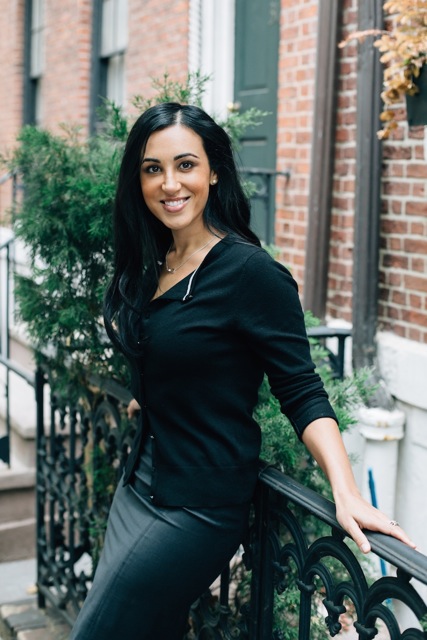Melisa Singh believes that entrepreneurship starts with the mind.
“It’s about finding an opportunity in anything,” says the recent NYU marketing graduate. Growing up, Melisa didn’t get an allowance and wasn’t allowed to eat sweets like the other kids in her neighborhood.
She wanted to find a way to make money, so she scrounged up a bunch of cookies and sold them for $3 a pop knocking door to door. Not only did she have enough money to buy candy from the corner shop, she also believed that it was an amazing opportunity to create a business on her own.
Fast-forward to today, Melisa is running her startup called StoryShelter that she launched in 2012. The free platform provides a place where users can write down their personal stories, save them, and selectively share. “I find that if I journal or write my experiences, like writing an email with all the juicy details of a first date to a friend, I remember them so much more,” she says.
Her ultimate goal is to collect the stories of everyone in the world and share those stories with loved ones. Farfetched goal? We don’t think so. See what this inspiring founder is up to:
Everyone has a story to tell. While I was working in a nursing home, I helped patients write letters to their family and friends. It felt like if they didn’t tell this burning story, it was going to be lost for all time. Even in my other jobs as a flight attendant, a realtor, and image consultant, I’ve constantly found myself listening to other people’s stories.
I always wondered, “What is a brilliant product that will fulfill people’s needs?” With the idea that everyone has a story to tell, a light bulb went off in my head: Is there a digital place where people can store all their memories in a fun way that’s in line with what we’re sharing online now? I couldn’t find it, so I created it.
StoryShelter is different from what I had initially envisioned. I thought it was going to be an online journal with long-form content, but I ultimately figured out that our target user base is younger: 30-something women having their first child or people of various ages going through life changes, not necessarily people who are considerably older. These people want to see things in a modern platform.
Don’t build products with yourself in mind. There have been different points in the product development process when we should have tested the market and seen whether or not a particular feature was necessary. As a startup, it’s hard to have to go back to the drawing board, eliminate something, or completely change a feature, and waste a lot of precious hours. You need to check in with your customers frequently and not make assumptions about what they need.
Some of the best advice I ever received: You have to throw modesty out the door. As a female, I was raised to be humble, demure, and somewhat self-effacing, but I sometimes feel like you have to be the opposite of these characteristics to be a successful entrepreneur.
I went to a VC conference, and at the end of my pitch, a female investor approached me and told me to remember this phrase: “What would a straight, white man do?” She explained further, “You had a lot of strong points, but every time you had the smallest weakness, you apologized for that flaw. That’s not what a straight, white man would do. He would make no apologies, and he wouldn’t even bring them up. Come in a different level of confidence, and show me that what you’re saying is valid and important.” The solution isn’t necessarily to be like a man, but it’s to change my outlook. I think of this every time I pitch an investor.
We’re doing an exciting campaign right now where we’re collecting graduation stories from people who have overcome obstacles in order to graduate. We hope to collect stories from StoryShelter and from non-profits and publish them in a book. It’s going to be called Operation Graduate: Inspiring Stories from Students Who Beat the Odds and we’re excited about distributing them in guidance centers across the New York area.
Photographs by Lauren Kallen





